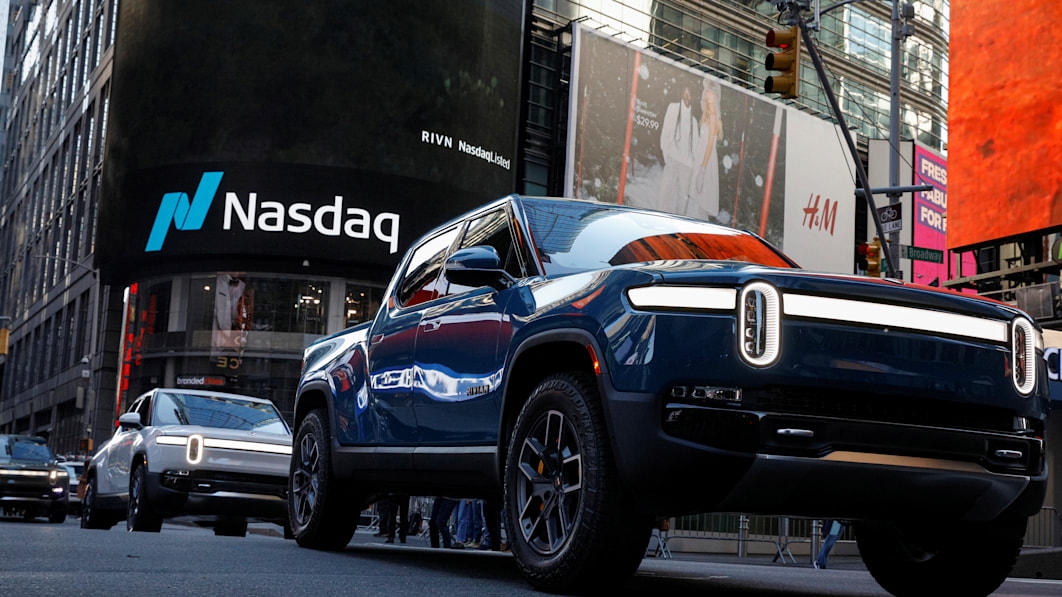Rivian warned on Thursday that supply chain problems could halve planned production to 25,000 vehicles by 2022, pushing the EV maker’s shares down more than 12% in expanded trading.
Rivian said on March 8 that it had built 1,410 vehicles this year and 2,425 since production started. It said it averaged a weekly production rate in the two weeks leading up to March 8 that was about twice the exit rate from the fourth quarter of 2021, but it expects supply chain constraints to continue through 2022.
“As we continue to ramp up our manufacturing facility, manage supply chain challenges, cope with continued inflationary pressures and minimize price increases for customers in the near term, we expect to recognize negative gross margins in 2022,” the company said. in a letter to shareholders. †
“The manufacturing outlook for 2022 was disappointing and well behind what they said in their roadshow, and the loss in the fourth quarter was bigger than expected,” said Garrett Nelson, an analyst at CFRA Research.
Rivian, other startups and longtime automakers such as Ford Motor Co. and General Motors Co. face stiff competition from market leader Tesla Inc as they aim to provide more electric vehicles in the near future.
Rivian reported a net loss of $2.46 billion, or $4.83 per share, in the fourth quarter, compared to a loss of $353 million a year ago, or $3.50 per share. It posted revenue of $54 million, well below investor expectations of $60 million.
Chief Executive RJ Scaringe said in a conference call with analysts on Thursday that Rivian expects a “significant” production increase in the second quarter of its EDV-700 van for Amazon.com Inc.
Rivian said it was “exploring ways to further expand its commercial relationship with Amazon,” which has a 20% stake in the startup and has ordered 100,000 vans. Rivian said it will produce a second Amazon van this year, the EDV-500, which is shorter and narrower than the EDV-700.
Rivian said it had 83,000 pre-orders for its R1T pickup and R1S commercial vehicle as of March 8, up from 71,000 in mid-December.
As of Thursday’s close, Rivian’s stock price had fallen about 77% and lost $124.5 billion in market capitalization since it peaked after its IPO in November.
The company ended the quarter with $18.4 billion in cash and equivalents.
